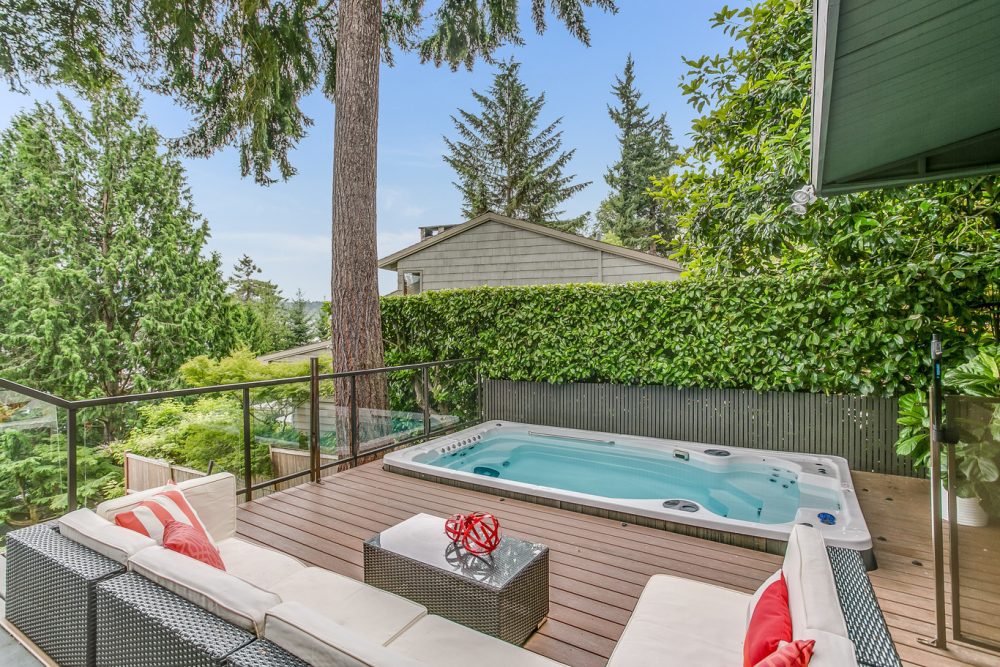You’ve heard the buzz: Vacation rentals are huge these days, and the trend is growing. Maybe you’re starting to think, “Hey, I have an extra bedroom! I could rent that out,” or “I’ll build an ADU (accessory dwelling unit) in my backyard and put it up on AirBnB!”
It’s certainly appealing to think about bringing in some extra bucks to cover your mortgage, or pick up a beach cottage that pays for itself. But before you dive in, there are some very important points to consider.
Before Investing, Consider…
- The Location: Is this property located in a place where there is actually a market for vacation rentals? Big cities, like Seattle, or a nice beach community. A lake house, or a cabin near a ski resort. These are popular destinations where you should have no trouble keeping your vacation rental earning its keep. Maybe even a quaint small town. But before you invest in a vacation rental investment, look at the data. If tourism isn’t a big draw, you will have a tough time filling vacancies.
- The Rules: Each municipality can have vastly different laws regarding vacation rentals, and these laws are constantly changing. What may be OK now (or not addressed) may be against the law and/or regulated down the road. Consider your exit strategy if the rules change. Will you be able to sell? Or spend a bunch of money making sure your investment property is compliant? Or would you keep the property as a typical rental with longer-term leases?
- The Costs: With typical investment property like a condo or single-family house, your costs will be fairly predictable. Tenants will generally pay the utilities, and keeping the place clean is the tenants’ responsibility. If there is an unexpected plumbing issues, it may or may not be your responsibility to get that fixed pronto. But with vacation rentals, guests will be expecting service closer to a hotel. You may not have a daily maid service and chocolates on the pillow, but guests will expect the place to be clean and all appliances in good working order. And guess what? If something is not working, not clean, or otherwise not as expected, you will need to fix the situation, pronto. If you don’t, you’ll hear about it in your reviews–and that will affect the bottom line.
- The HIDDEN Costs: Yes, vacation rentals can be solid money makers. And the nightly rate can certainly be attractive when you compare to a property with a typical long-term lease. But remember, a property where you have one tenant for a year or more will have much lower costs to operate. You aren’t dealing with cleaners coming in every few days, and the wear-and-tear of constant turnover if the property is only changing hands every year or more. Revenue lost to vacancy is another very important consideration, too. Most real estate investors plan for an average vacancy rate of 5%. Depending on the location of your vacation rental, you can expect vacancy to be significantly higher. This post on Mashvisor lists occupancy rates for several cities, including Seattle (40.8%). If your vacation rental is occupied 40% of the year, are you going to be making enough to cover that lost revenue?
- The Insurance: First, check your homeowner’s insurance policy to see if it covers your vacation rental and/or that extra room in your home. And since insurance coverage can be hard to understand, it’s a better idea to just check with your insurance agent to see what you need. Not able to get answers from your insurance agent? Ask around, and try agents that deal specifically with real estate investment properties.
Next Steps
Considering a vacation rental investment? Contact us. We’ll get your questions answered so you can plan for your optimal vacation rental investment. Already own a rental property? If you’d like to get out of the management business, we can help with that, too.
Curious About Sales Stats?
We have a few below, but you can always contact us for stats on other areas you’re considering in Washington State.

